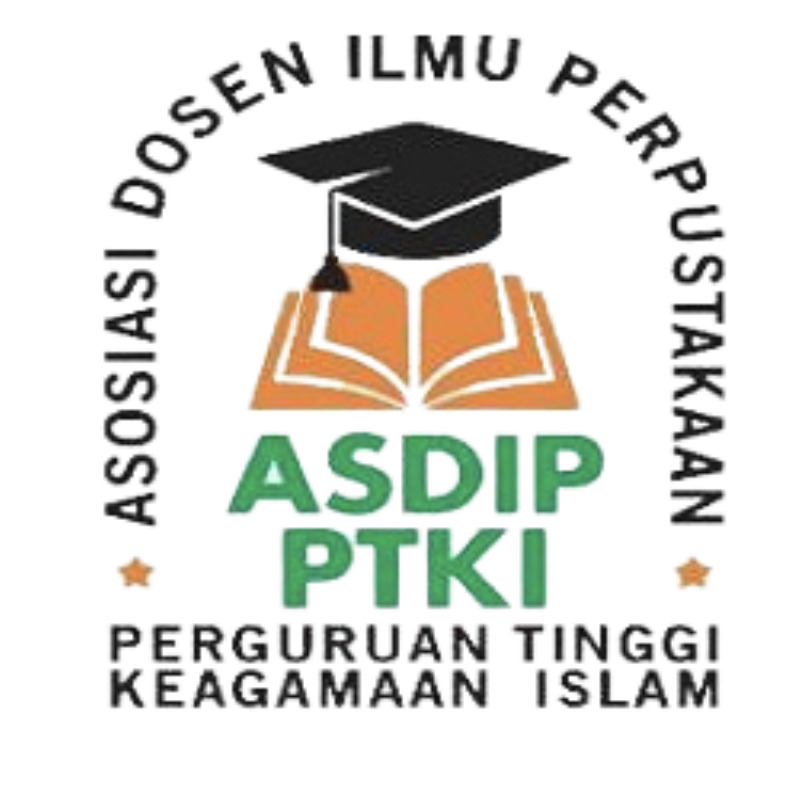Myaka : Aplikasi Pengelolaan Arsip Digital Sekolah
DOI:
https://doi.org/10.29240/tik.v7i2.5738Keywords:
Myaka application, digital school application, school archiveAbstract
This study aims to describe filing management using the Myaka application. The method used in this study is to use a qualitative approach with descriptive methods. Data was collected through interviews, observation, and documentation studies. The results of this study indicate that the development of information and communication technology (ICT) has now spread to the world of education, namely with the management of digital archives. The Myaka application is school software as digital archive data used by schools to manage grades, attendance, report cards, question analysis, student data, and teacher data collected in one system. This study found that Myaka, as a digital archive storage application, has fulfilled the requirements in the archive life cycle starting from the creation, storage, distribution, user, maintenance, and disposition.
Downloads
References
Abi, H., & Hakim, B. (2009). OMEKA: Aplikasi Pengelola Arsip Digital Dalam Berbagai Format. Jurnal Pengembangan Kearsipan, 23–35.
Alabi, A. O. (2017). Records Keeping For Effective Administration of Secondary Schools. Journal of Public Administration and Governance, 7(2), 66. https://doi.org/10.5296/jpag.v7i2.11182
Anggito, A., & Setiawan, J. (2018). Metedologi Penelitian Kualitatif. CV.Jejak.
Asriel, A. S. (2018). Manajemen Kearsipan. PT. Remaja Rosdakarya.
Aulia, A., & Kurniawan, R. (2022). Manajemen Kearsipan Digital dalam Upaya Meningkatkan Mutu Sistem Penyimpanan Dokumen Kepegawaian di Kota Banda Aceh : Hambatan dan Tantangan ( Digital Archives Management to Improve the Quality of the Civil Service Document Storage System in Banda Aceh Ci. 01, 16–24.
Chinyere, A. C., Ogbonnaya, C. N., & Love, O. (2019). School Records in Basic Schools. 5(1), 41–52. https://www.iaajournals.org/wp-content/uploads/2020/03/IAA-JAS-5141-52-2019..pdf
Indrawan, I., Wijoyo, H., Selian, N., & Aprianto, I. D. (2020). Manajemen Personalia dan Kearsipan Sekolah. In Jateng: Lakeisha.
Mardiati, W. (2016). Tantangan Manajemen Arsip Elektronik Di Era Web 2.0. Jurnal Vokasi Indonesia, 3(2), 0–5. https://doi.org/10.7454/jvi.v3i2.34
Muhidin, S. A., Winata, H., & Santoso, B. (2018). Pengelolaan Arsip Digital. Junral Pendidikan Bisnis & Manajemen, 2(3), 178–183. http://journal2.um.ac.id/index.php/jpbm/article/view/1708
Mulyadi. (2018). Efektivitas Sistem Kearsipan Dinamis (SIKD) Sebagai Sarana Temu Kembali Arsip Di Dinas Arsip, Perpustakaan Dan Dokumentasi (ARPUSDOK) Kota Palembang. JIPI (Jurnal Ilmu Perpustakaan Dan Informasi), 3(1), 50–73.
Puspasari, D., & Rohmawati, L. (2020). Pengelolaan Arsip Berbasis Aplikasi Surat di Dinas Perpustakaan dan Kearsipan Provinsi Jawa Timur. Jurnal Pendidikan Administrasi Perkantoran (JPAP), 8(2), 180–193. https://journal.unesa.ac.id/index.php/jpap/article/view/8241
Putranto, W. A. (2018). Pengelolaan Arsip Di Era Digital:Mempertimbangkan Kembali Sudut Pandang Pengguna. Diplomatika: Jurnal Kearsipan Terapan, 1(1), 1. https://doi.org/10.22146/diplomatika.28253
Read, J., & Ginn, M. L. (2015). Records management. Cengage Learning.
Downloads
Published
Issue
Section
Citation Check
License
Authors who publish with Tik Ilmeu : Jurnal Ilmu Perpustakaan dan Informasi agree to the following terms:
- Authors retain copyright and grant the journal right of first publication with the work simultaneously licensed under a Creative Commons Attribution-NonCommercial-ShareAlike 4.0 International License (CC BY-NC-SA 4.0) that allows others to share the work with an acknowledgment of the work's authorship and initial publication in this journal.
- Authors are able to enter into separate, additional contractual arrangements for the non-exclusive distribution of the journal's published version of the work (e.g., post it to an institutional repository or publish it in a book), with an acknowledgment of its initial publication in this journal.
- Authors are permitted and encouraged to post their work online (e.g., in institutional repositories or on their website) prior to and during the submission process, as it can lead to productive exchanges, as well as earlier and greater citation of published work (See The Effect of Open Access).







 This work is licensed under a
This work is licensed under a 